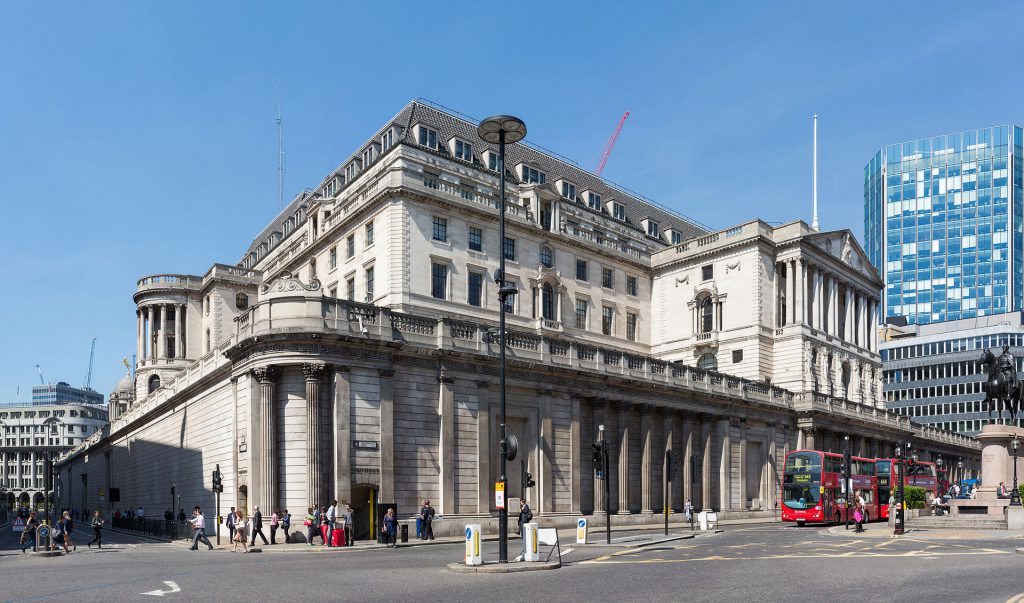
THE governor of the Bank of England, Mark Carney, has issued a warning about the rising level of UK household debt. He says that current levels of debt could turn any economic downturn into a full-blown catastrophe.
In the wake of the financial crisis, people had no choice but to rein in their spending. Banks were failing left, right and centre and homeowners struggled to make their mortgage payments on time. Credit and loans from companies such as themoneyhub.co.uk were still available, but lending criteria had tightened up and it was no longer half as easy to borrow money if you wanted a new car or kitchen.
Historically Low Interest Rates
Today, things are very different and the financial climate is far more positive. People are spending freely on the things they want and the property market is booming as buyers race to snap up affordable homes at the lower end of the market. In part, the current ‘debt binge’ has been fuelled by very low interest rates. It’s never been cheaper to borrow money and if you are really debt savvy, you can easily spend on interest free credit cards, swapping your borrowing from one card to another before the deal ends.
A Vote for Brexit
The Bank of England is concerned that a vote for Brexit could tip the country into recession. If this happens, they may have no choice but to raise interest rates, which would push a lot of households into debt crisis. One thing Mark Carney did say, which should provide some measure of relief to worried consumers, is that the household finances in this country are not as precarious as those in many other countries.
Unlike citizens in the US, most people living in Scotland and England work hard to pay off their debts. The problems usually arise when people borrow more than they can realistically afford to repay, so when interest rates rise or their financial situation changes, they end up in trouble.
Managing Debt
Some degree of debt is inevitable, but it is essential that you do not overstretch your personal finances. For most families, the mortgage or rent is the biggest part of their monthly outgoings, followed by the bills and other everyday expenses. Any money left over falls into the category of disposable income, which can be spent on non-essential items.
If you have a decent amount of disposable income left over at the end of the month, your finances are reasonably healthy and you can probably afford to borrow a bit extra to buy a car or make home improvements. For those people with finances that are so stretched an unexpected bill causes a major crisis, taking out a loan or spending on credit cards is foolish to say the least.
Anyone who falls into this category should make a serious effort to get their debt under control. If Mark Carney is right and interest rates do rise following a vote to leave the EU, people with lot of debt will be in trouble.